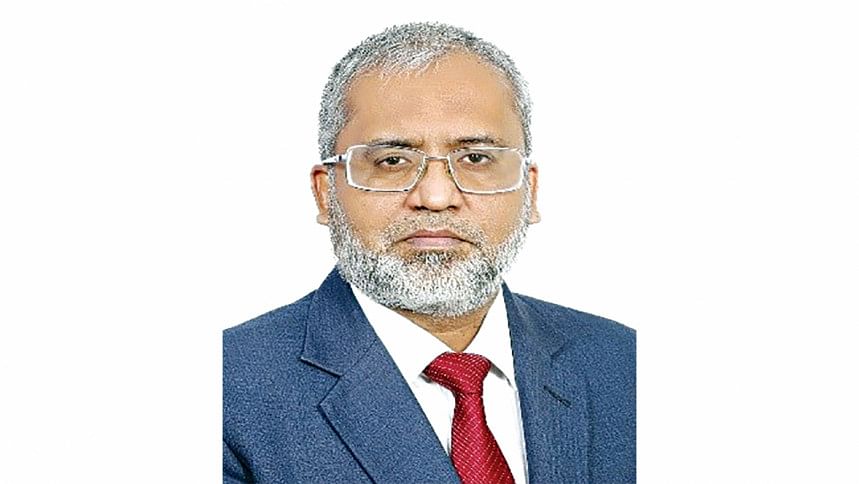Five Ps for a sustainable future

As a United Nations member state, Bangladesh has pledged to accomplish the Sustainable Development Goals (SDGs) by 2030. The SDGs urge all countries to take action towards ending poverty, preserving the planet, and promoting universal peace and prosperity.
In Bangladesh, attaining the SDGs demands a collaborative approach from all stakeholders, including the government, the private sector, civil society, universities, and individuals. The SDGs revolve around five fundamental pillars: people, planet, prosperity, partnership, and peace, which can be realised through the 5 Ps blueprint for a sustainable future in Bangladesh.
The people component of the SDGs focuses on poverty eradication and human development. Bangladesh has made significant progress in reducing poverty and achieving universal primary education, but there are still challenges related to gender equality, women's empowerment, and reducing inequality.
The government has taken initiatives, such as increasing access to education, healthcare, and social protection, to improve the lives of people.
Bangladesh is one of the most vulnerable countries to the impacts of climate change, making the planet component of the SDGs crucial. The government has set targets to raise the share of renewable energy in the country's energy mix and increase forest coverage to address deforestation. Bangladesh has also made progress in improving access to clean water and sanitation.
The prosperity component aims to ensure economic growth and development in a sustainable manner. Bangladesh has experienced remarkable economic growth over the past few decades, and the government is taking initiatives to ensure that this growth is sustainable and inclusive. The government has set targets to promote decent work and economic growth, industrialisation, and innovation.
The partnership component of the SDGs emphasises cooperation between stakeholders to achieve the goals. The government has established a dedicated SDG implementation and monitoring unit to coordinate and monitor the implementation of the goals. The government is also working closely with the private sector and civil society to achieve the SDGs.
Bangladesh has made significant progress in ensuring peace and security, which is crucial for the peace component of SDGs. The government has taken measures to strengthen institutions, reduce violence, and promote human rights. There are still challenges related to political stability and human rights that need to be addressed.
In Bangladesh, the successful implementation of the SDGs requires significant investments and innovative financing. The implementation of the SDGs is estimated to require $66 billion annually, which is about 20 per cent of the country's GDP. In this respect, the government has identified priority areas for investment and is working to mobilise resources from both domestic and international sources.
To effectively implement the SDGs, a thorough comprehension of all objectives is essential, with a particular emphasis on the crucial role of climate change. Climate change poses a challenge that affects all of humanity and goes beyond religious, cultural, and geographic boundaries. To tackle this challenge, we must exercise wisdom and common sense to coexist with nature in a sustainable manner.
As former UN Secretary-General Ban Ki-moon aptly stated, "Nature does not negotiate with human beings. We must adapt to nature, as it is our only choice. Additionally, it's crucial to keep in mind that we have only one planet, and there is no alternative since there is no Planet B."
The writer is additional managing director of Standard Bank Limited

 For all latest news, follow The Daily Star's Google News channel.
For all latest news, follow The Daily Star's Google News channel. 



Comments